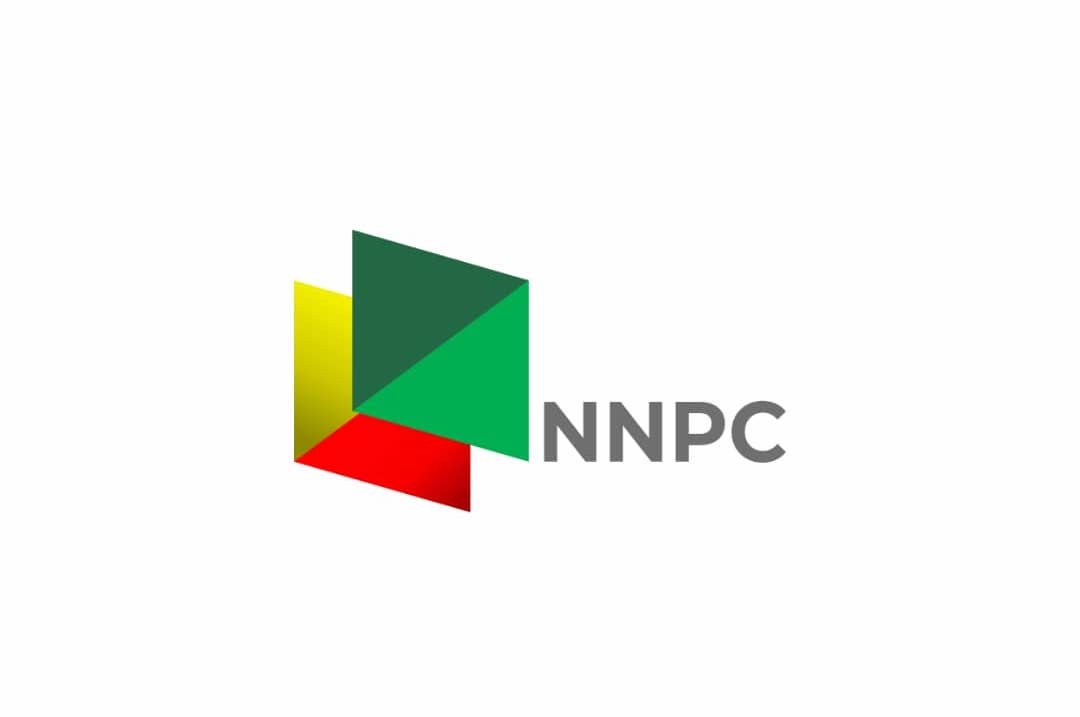Sunday Ehigiator
The Corporate Accountability and Public Participation Africa (CAPPA) has faulted the World Bank’s privatisation reforms for water supply in some states of the federation, saying they have failed the citizens and local communities.
Speaking at the media presentation and launch of a report titled ‘Big Debts, Big Thirst: A Case Study of World Bank Supported Projects in Ekiti, Rivers and Bauchi States, held in Lagos recently, the Executive Director of CAPPA, Akinbode Oluwafemi, argued that the water projects as investigated in the three states are not fulfilling it purposes,
He said: “The report examines the ongoing implications of privatisation reforms advocated by international financial institutions, particularly the World Bank, and reveals a disturbing pattern of systemic failures that continue to compromise water access for millions of Nigerians.
“There is undeniably a crisis of potable water availability in Nigeria and across much of Africa.
“Privatisation and commercialisation are widely promoted as efficient solutions to public sector shortcomings. Proponents of this approach argue that market mechanisms naturally foster investment and operational efficiency.
“Yet, the empirical reality from Ekiti, Rivers, and Bauchi states tells a markedly different story. Instead of improved water access and infrastructure, citizens experience steep tariff hikes, workforce downsizing, diminished public accountability, and continued systemic inefficiencies.
“Yet, our findings unequivocally hold that five years after the project’s completion and with a national debt repayment stretching over forty years, local communities remain deeply underserved and disappointed.
“Systemic issues such as lack of managerial accountability and inconsistent power supply, which were flagged as major challenges under public management, remain unaddressed and even exacerbated under this private-driven reform framework.”
Speaking further, Oluwafemi, in the same vein, criticised the privatisation of the power sector, saying it is becoming unbearable for Nigerians.
“The privatisation of electricity in Nigeria underscores this point. It is hard to argue that Nigerians have benefited from this shift, where many have found themselves burdened by outrageous bills, all the while receiving little or no energy.
“Importantly, the findings of this report emphasise the urgency of confronting and challenging the broader ideological framework that drives the privatisation of public water utilities, deregulation, and the austerity approach that continues to place the interests of financial institutions, corporations and private entities over public welfare,” he said.
The Dean of the Faculty of Social Sciences, University of Lagos (UNILAG), Prof. Adelaja Odukoya, also condemned the privatisation of the World Bank’s water supply.
He noted that the Public Private Partnership, especially in the provision of water, according to the CAPPA report, has failed woefully, urging the Nigerian government to look inward for alternative means.


